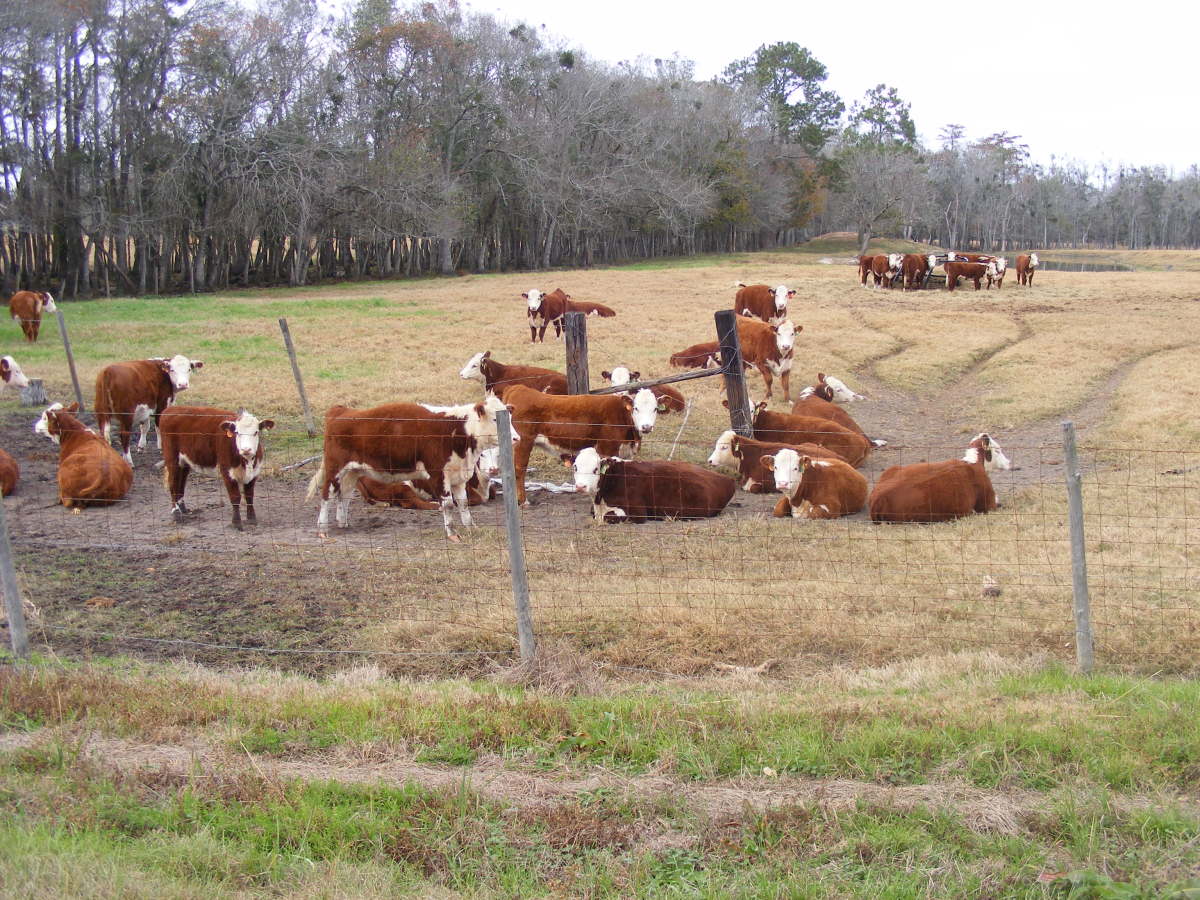Animal Rights Groups & Argument

Vegetarianism
About Vegetarianism and its arguments, plans and tactics...I found quite a bit of information on this. The greatest issue regarding vegetarianism has to do with animals. Many organizations and individuals have strong feelings on this topic. In my research, I found information on the following groups: PETA and the ALF (Animal Liberation Front).
PETA
As mentioned in my introductory article (https://hubpages.com/hubtool/edit/5567714), there are several articles about PETA. I even contacted them and requested a vegetarian starter kit, which was a booklet that gave information for prospective vegetarians. I also found the frequently asked questions page on their website to be helpful. It shared their views and addressed issues that many people have about vegetarianism.
The President of PETA at the time was Ingrid Newkirk, who had appeared on several talk shows. In September 1989, she told Vogue “Even if animal research resulted in a cure for AIDS, we’d be against it,” (Champion, 1996, p. 19) PETA’s mission statement: “PETA operates under the simple principle that animals are not ours to eat, wear, experiment on, or use for entertainment.” (Chapple, 2000, p. 27)
This organization, based in Norfolk, VA, had grown from a lone vegetarian in a Maryland apartment to 750,000 members worldwide in just 20 years. Disgust and confrontation are among its chief weapons. They had 33 web sites and an $18 million annual budget and have used campaigns aimed at both animal abuse and people who eat meat (Martinez, 2001, p. 1). They have focused on different organizations and companies during their campaigns, including NASA. They have waived signs at restaurants and supermarkets declaring, “Meat Stinks” and “Meat is Murder”. PETA has used several tactics and strategies to get their views across. Here is just a small sample:
- Campaigns for elementary schools to give children information on becoming vegetarian (Champion, p. 19-20 and Brown, 2001, p.12).
- Several ad campaigns, including a parody of the dairy industry’s “Got Milk?” campaign by depicting former New York Mayor Rudy Giuliani, who had prostate cancer, with a milk mustache next to the caption, “Got prostate cancer? Drinking milk contributes to prostate cancer.” The ad was withdrawn after Giuliani threatened to sue (Martinez, 2001, p.2).
- Protesting a TV series that encourages people to obtain pets from breeders rather than animal shelters by displaying buckets of dead animals outside the headquarters of Discovery Channel (Martinez, 2001, p. 2).
- In Canada, a graphic Easter card was distributed, depicting a knife-wielding Jesus standing in front of his apostles at the Last Supper, slicing open a cow’s neck as blood spurts out. The caption read: Jesus Was the Prince of Peace, Not A Bloody Butcher (O’Hanlon, 2001, p.1).
These examples are emotional appeals and have rhetorical situations.
A previous annual report by PETA indicates through their campaigns, they had saved around 800,000 animals from laboratories, brought about the first felony charges for cruelty to animals, convinced two medical schools that “dog labs” are unnecessary, and in general increased the awareness of animal rights. (Umlauf, 2000, p. AA7) Slaughterhouses are one of the main problems PETA has with carnivores because of their sloppiness, big feedlots, factory poultry operations, and large-scale shipping (Allen, 2001, p. 2).
“We would rather go too far than not far enough in alerting people to the fact that when they’re eating meat, they’re protecting animal abuse,” said PETA spokesman Sean Gifford (Martinez, 2001, p.1).
Another spokesman, Michael McGraw, said the worldwide slaughter of 500,000 animals a year is unnecessary. He also said that every convert to vegetarianism saves 1,000 animals in a lifetime.” (Champion, 1996, p.20)
A popular view of PETA is: “We are not built to be carnivores; we just acquired the habit of eating meat.” (Chapple, 2000, p.27)
Some have strong views against PETA. Here is a sample:
- Steve Chapple (2000), a writer for Sports Afield, said, “The PETA people are not about saving the world. They’re about spiritual arrogance. They have a fear of killing. A fear of eating. A fear of growing old and fat and…a fear of human biology.”
- Al Martinez (2001, p.1), a writer for the LA Times, thought the purpose of their message was “to offend those of us who prefer pot roast to a soy bean casserole and to call attention to the treatment of animals on their way to the cooking pot.”
ALF
The ALF is Animal Liberation Front. Reece (1997) states that this underground group’s conduct is carried out in the following ways:
- In the form of brazen, clandestine animal rescue “recon missions” at farms or ranches.
- In the shameless, headline-grabbing acts of vandalism and destruction of property to monetarily break “animal exploiters.”
- In the global, mostly anonymous internet distribution of campaigns and victories, support for fellow extremists and detailed instructions on how to firebomb a furrier (all you need are a couple of empty milk jugs, some kerosene and a lighter).
Reece also talks about instances where ALF or “Meat is Murder” spray-painted in red; “Billions slaughtered” is added to the side of McDonalds (a favorite target), BB guns shooting out panes of glass, and paintballs being shot at egg and dairy farms.
Why do they do it? “Save as many animals as possible and directly disrupt the practice of animal abuse.” (Reece, 1997, B1)
So, the ALF uses a lot of violence, sit-ins, boycotts, and picketing, which is extralegal protest. In Critical Thinking and Communication by Inch and Warnick (1998), it is stated, “Extralegal protest is not truly a form of argument because violating the law and being violent are not considered rhetorical strategies.”
Bibliography
Allen, E. (2001, June 1) Activists, ranchers clash over role of God, religion in eating meat. San Antonio Express-News, pp.1-2.
Champion, C. (1996, September 30) Chris P. Carrot comes to Alberta. Alberta Report/Newsmagazine, Vol. 23 Issue 42, p. 19-20.
Chapple, S. (2000, May) On PETA and the FFA. Sports Afield, Vol.223 Issue 5, pp.26-28.
Inch, E. & Warnick, B. (2001) Critical thinking and communication. Boston: Allyn and Bacon.
Martinez, A. (2001, August 20) PETA’s got a bone to pick with carnivores. Los Angeles Times, p.1-2.
O’Hanlon, M. (2001, February 28) Animal rights group enlists Jesus in vegetarian Easter campaign. Canadian Press, p.1-2.
Umlauf, T. (2000, August 13). Tribune’s articles on PETA offends the sensible [Letter to the Editor]. The Salt Lake Tribune, p.AA7.
Reece, M. (1997, March 30) Ethical terrorism?: Extreme animal activists compare their crusade to the American Revolution. Deseret News, B1.
This content is accurate and true to the best of the author’s knowledge and is not meant to substitute for formal and individualized advice from a qualified professional.
© 2020 Mark Richardson








